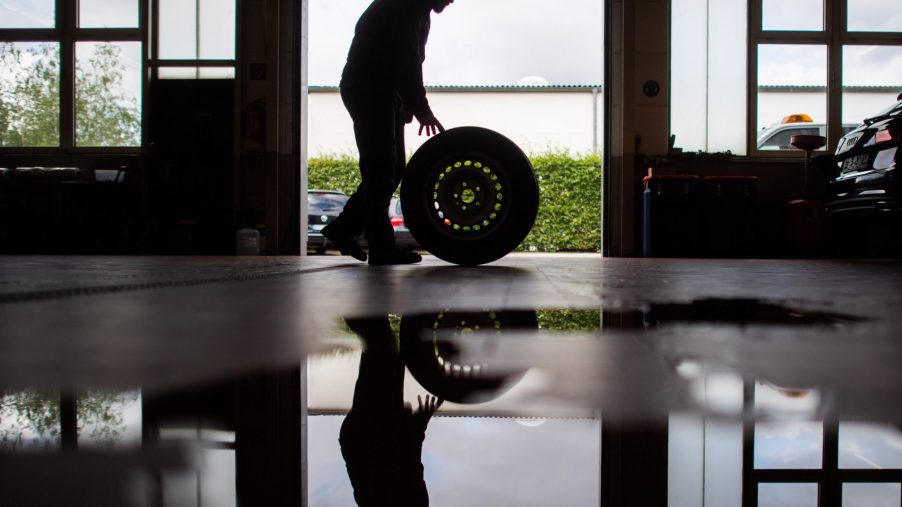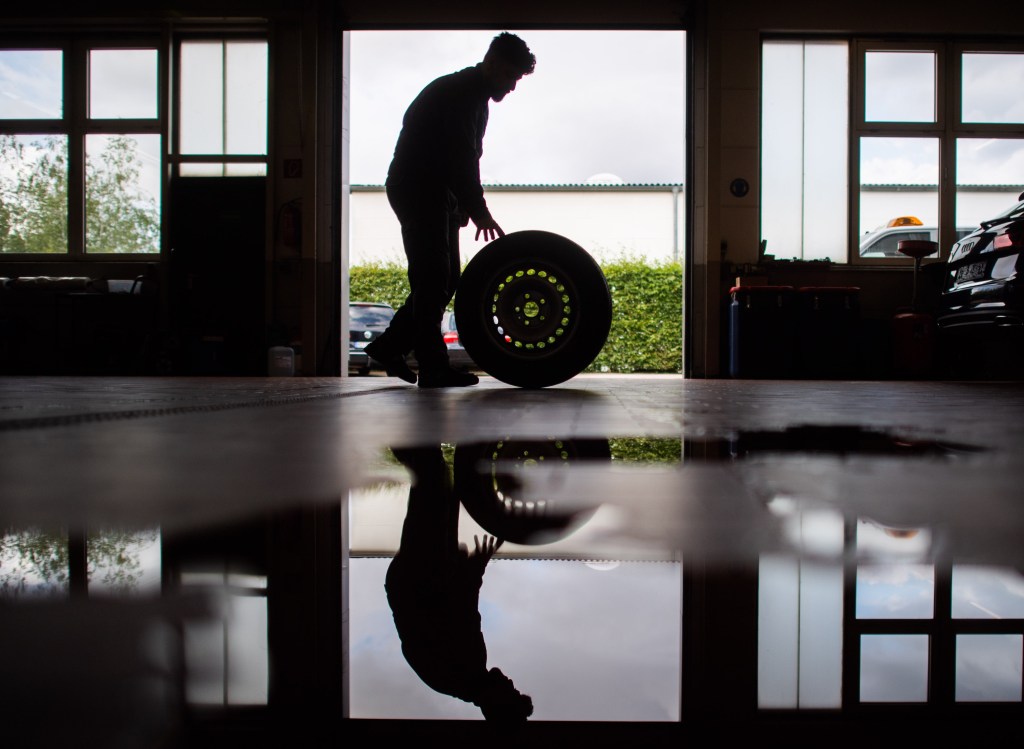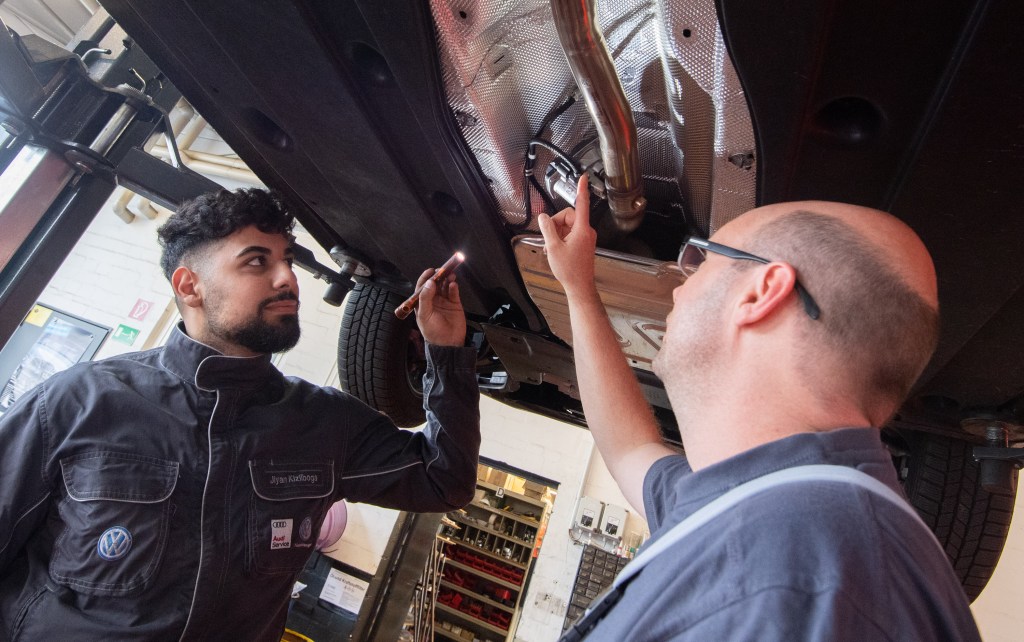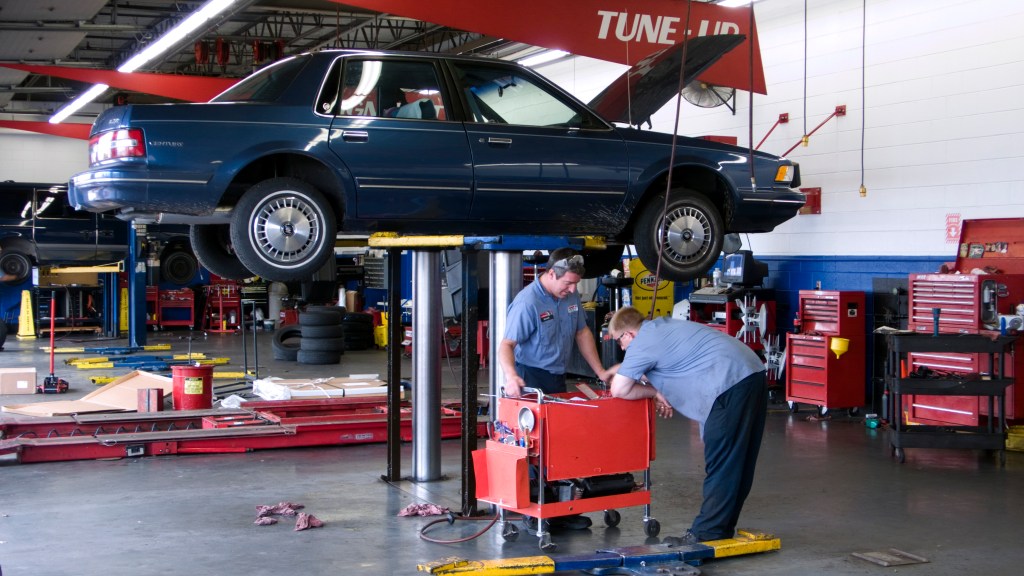
3 Questions You Should Ask the Mechanic Before Paying
There is never a good time for car trouble. It is annoying, inconvenient, and unfortunately impossible to avoid if you want a car. Although, many people fear dealing with the mechanic or dealership and the thought of getting ripped off more than they do the actual repairs. Here are three questions you should ask the mechanic to protect yourself from fraudulent charges or bad repairs.

Start by understanding how to communicate with a mechanic
Of course, all mechanics aren’t dishonest and scheming. This is a stereotype that is unfair to all honest mechanics. However, it is an industry that supports dishonesty. Many people don’t have any idea of what makes their car work or not. This means the mechanics have all the power.
You don’t have to be super knowledgeable to be protected from bad mechanics. The key to all of these steps is to make sure all communication is clear and accounted for. Mechanics can’t do anything to your car that you don’t permit them to do. If you understand this basic fact, this can inform the rest of the interaction.
Ask the mechanic to explain specifically whats wrong with the car
The first step of taking your car to the mechanic should be trying your best to understand what is wrong with your car. Modern cars have computers that will tend to give you some sort of notification when something is wrong. These notifications may not always be clear to you, but it’s important to take note.

A few minutes of googling might provide a basic understanding of what your car is telling you. This way, when you go to the shop, you can at least mention this possible issue which sets you up better with the shop.
The key is to make sure you ask the mechanic to tell you specifically what is wrong with your car. This can help hold them accountable for a specific issue and remove the vagueness from the job. According to Forbes, the more clearly you can communicate with your mechanic, the better off you’ll be.
Ask specifically what they will need to do to fix the specific problem
Forcing the shop to be as specific as possible will help you be able to hold them accountable to the john that needs doing. If you know what is being promised, you can make sure you got what you paid for.

Asking this question will also lead you to inquire about pricing and what exactly you are paying for. Be mindful, most shops charge you for parts, and labor is typically charged by the hour.
If you know what they are going to do, you should be able to better keep an eye on the bill. Again, this is as much accountability for the mechanic as it is for your own knowledge.
Before you pay, ask the mechanic to explain the bill in detail
This is probably the most important question of them all. In every step of the process, you are trying to demystify the job they are doing and know exactly what you are paying for. This is why you have to follow up on the specifics of the bill before you pay.
At the beginning of the process, the mechanic should give you a quote. Once you’ve asked the questions about what specifically they plan to do, this will inform your query at the end.
By asking them to explain everything in the bill in detail can help keep them honest. It’s harder to lie or overcharge if they know the customer is paying attention to everything that has happened.
The goal is accountability
The more specific you can make them be, generally speaking, the better you should be at the end of it. Of course, none of this means you will get a better deal or anything like that, but it should help you feel more confident about the money you spend going to the right places.
Obviously, the more you know about your car, the easier it will be to hold anyone working on it accountable. But even if you know nothing about cars, you can make the mechanic explain everything they do. This brings that power dynamic closer to level.
Lastly, don’t be afraid to speak up. If something doesn’t make sense to you, it probably doesn’t make sense. Use logic, math, and respect. If you respect yourself and the mechanic, the whole thing should work well. They are professionals, and you need their skills. Just try your best to understand as much of the process as possible.



